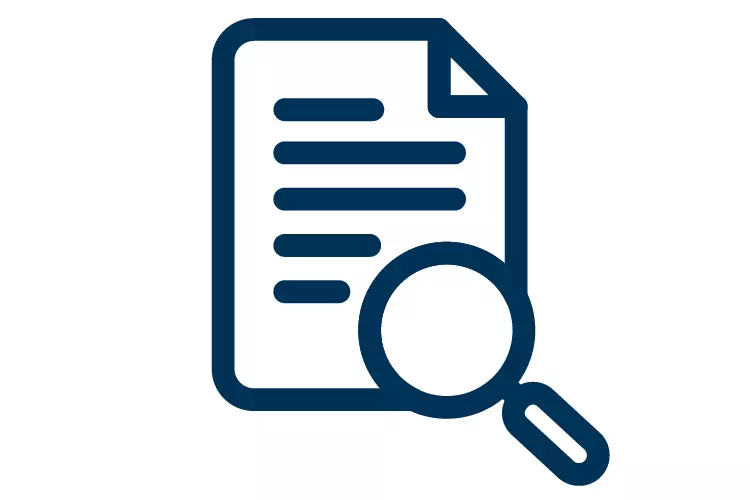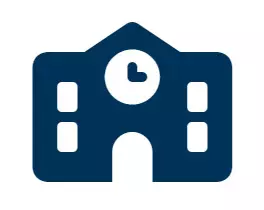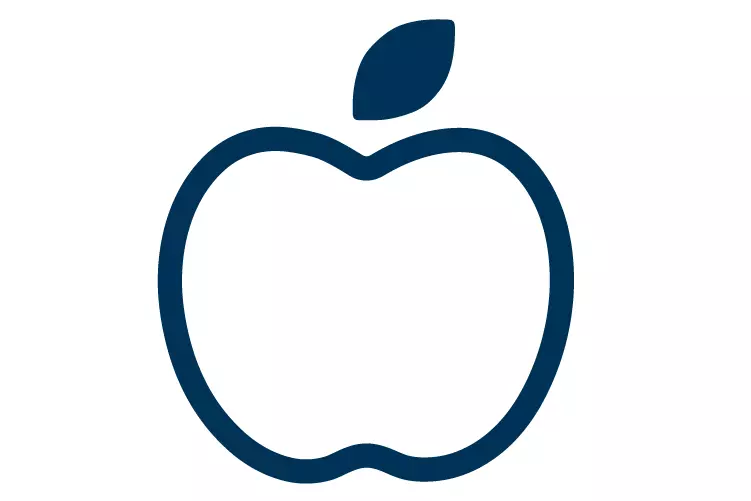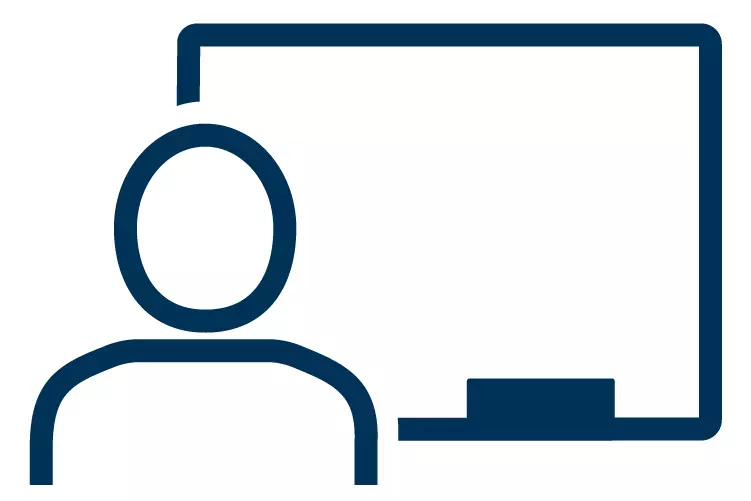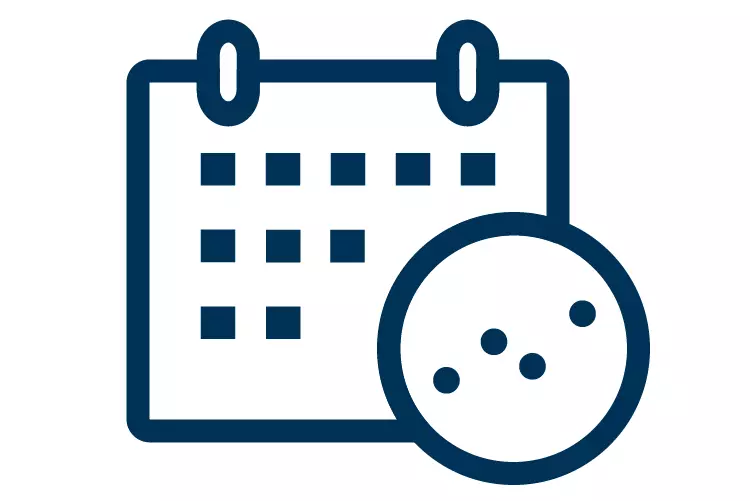We Share Stories About Two Organizations That Use the Money Smart for Older Adults Curriculum to Help Prevent Elder Financial Abuse
In observance of Older Americans Month in May, Money Smart News is highlighting two organizations that successfully use Money Smart for Older Adults (MSOA) to help older adults, and the people who care for them, detect and prevent financial exploitation; prepare for financial needs; and make informed financial decisions.
Elder financial exploitation is the illegal or improper use of an older person’s funds, property, or assets. Perpetrators often include offshore scammers, but also people that an elderly person trusts, including close family members. This may explain what several studies show: that even though financial exploitation is the most common form of elder abuse, only a small fraction of incidents are reported.
MSOA is an award-winning curriculum jointly developed by the FDIC and the Consumer Financial Protection Bureau (CFPB) in 2013; the agencies have continuously updated the curriculum since.
MSOA covers the following topics:
- Common types of elder fraud and scams,
- Identity theft,
- Scams that target homeowners,
- Scams that target veteran’s benefits,
- Planning for unexpected life events, and
- How to be financially prepared for a disaster.
For each topic, the curriculum includes an instructor guide, resource guide, and PowerPoint presentation.
Throughout 2018, the Maryland State Bar Association’s Subcommittee on Consumer Credit coordinated with a number of financial institutions to teach MSOA in four senior centers across the state. One of the events was held in Queen Anne’s County in collaboration with the sheriff’s and district attorney’s offices.
“Elder abuse is so prominent and a lot of the people in the room have had it happen to them or know someone it has happened to,” said Katherine Fisher, vice chair of the subcommittee. “Shared experiences can be really inspirational.”
“The [MSOA] curriculum was well received,” said Fisher. “The attendees really enjoyed the large-print booklets that they could take home.”
The subcommittee has also trained about 20 attorneys to deliver the MSOA curriculum in an effort to reach even more people. They hope to complete eight programs in 2019, and double that to 16 next year.
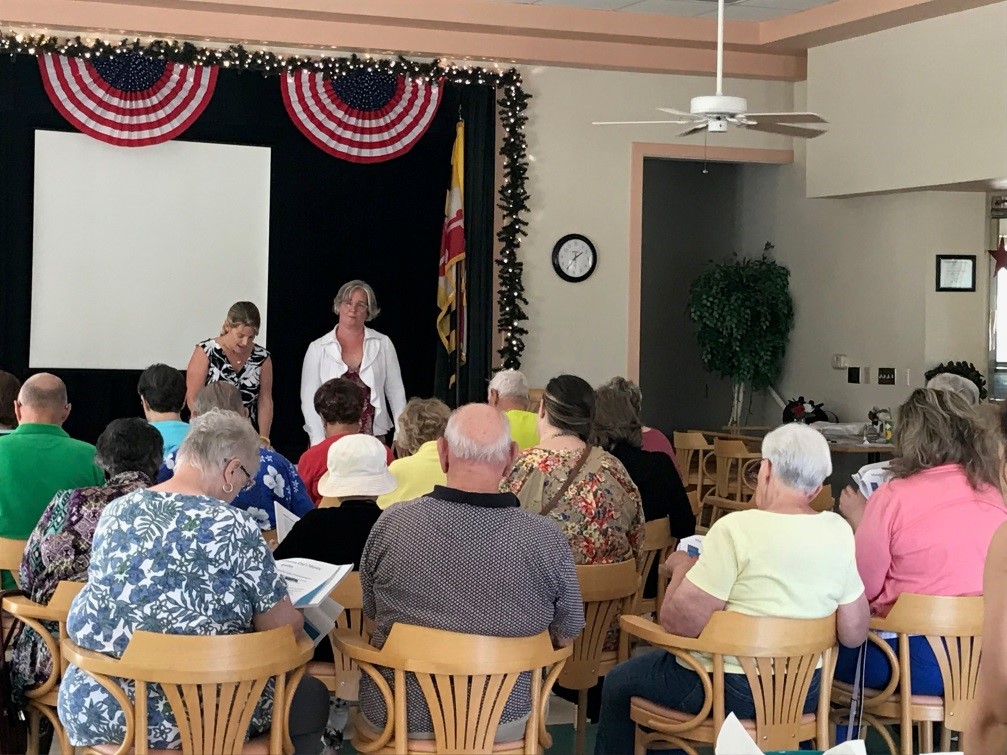
The Maryland State Bar Association’s Subcommittee on Consumer Credit held a Money Smart for Older Adults session at Grasonville Senior Center in Queen Anne’s County in 2018.
Also, the Church Pension Group (CPG), headquartered in New York City, is a national organization that provides benefits for the Episcopal Church. CPG currently has over 10,000 beneficiaries. During a series of regional trainings, presenters from the CFPB trained more than 180 chaplains about common frauds and scams so that they could teach their retired clergy. As a result, several chaplains are presenting MSOA in their congregations. In San Diego, CPG collaborated with a representative from the district attorney’s office who provided insights on the types of scams they encountered.
“Money Smart for Older Adults is a valuable program,” said Reverend Laura Queen, CPG’s director of pastoral care. “The activities and resources are very practical. I hope that this important information is made available in as many communities as possible.”
Both Fisher and Green, as well as Jenefer Duane, Older Americans Senior Program Analyst at the CFPB, recently offered the following tips and lessons learned from their work with Money Smart for Older Adults:
- Use the PowerPoint slides to engage the participants and accommodate people with hearing impairments. (Fisher)
- Ask participants the same questions that appear on the slides as a way to engage them in responding and create an open forum for dialog. (Duane)
- Invite local professionals in fields like adult protective services, law enforcement, and legal services to join your presentation so they can share case stories and local resources, and perhaps meet privately with participants. (Queen)
- Join forces with local elder-abuse prevention networks to collaborate on presentations and stay abreast of this growing problem. Go to Eldercare Locator (eldercare.acl.gov) to locate a the network near you. (Duane)
Provide the MSOA Resource Guide in large print and other materials participants can take home by ordering copies in bulk. Materials can be obtained free of charge on the FDIC Money Smart or at Money Smart for Older Adults Publications (www.consumerfinance.gov). Additional information and resources are available at CFPB - Working with Older Adults (www.consumerfinance.gov). (Fisher)
See more success stories from Money Smart News.
For help or information on how to use the Money Smart curriculum, contact communityaffairs@fdic.gov.


